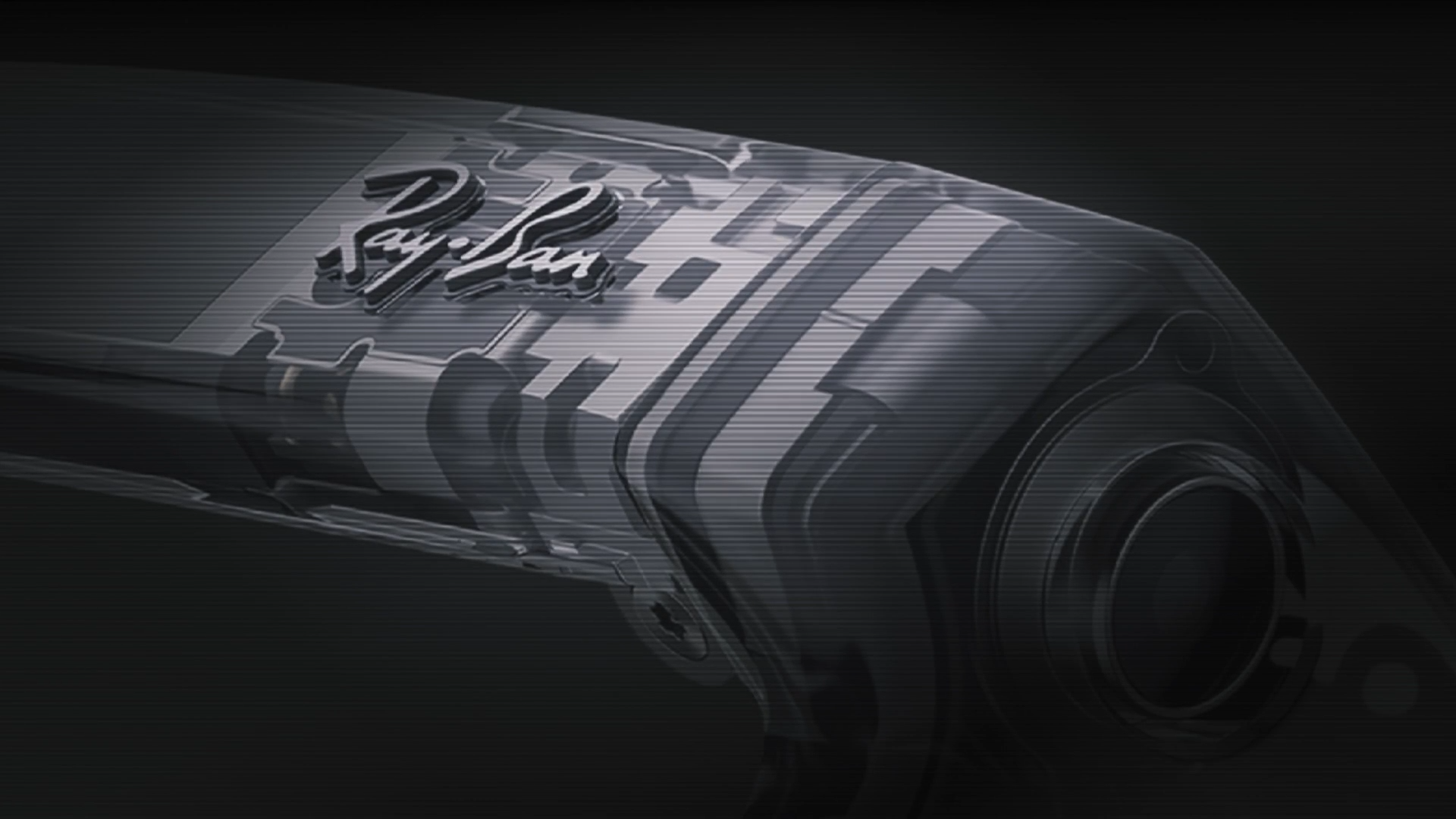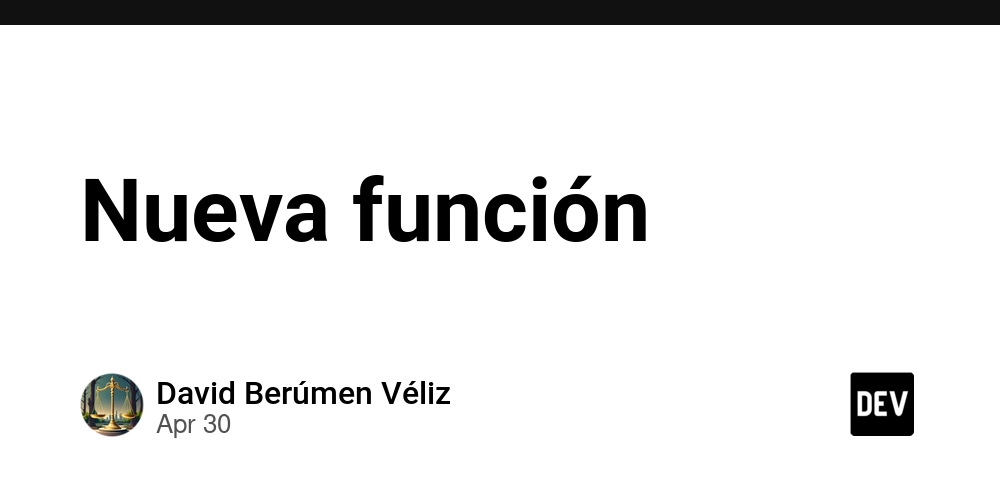Can You Use Wildcards in the MANIFEST File for Perl?
When working with Perl modules, particularly those generated using the module-starter, you may wonder if you can use wildcards in your MANIFEST file. This is an important question since managing file lists can be tedious, and utilizing wildcards could simplify the process significantly. Understanding the MANIFEST File The MANIFEST file is crucial for Perl module distribution as it contains a list of all files included in your distribution package. When you run commands that generate the distribution, like Makefile.PL, having an accurate MANIFEST ensures that all necessary files are included. Wildcards in the MANIFEST File Unfortunately, the MANIFEST file format does not support wildcards directly. Each file must be added manually to ensure that the MANIFEST is correctly processed during module builds. This can be tedious, especially as the number of files increases in larger projects. Why Can't Wildcards Be Used? The reason behind this limitation is that while file globbing (like using t/*.t to match all test files) is common in the shell and some programming languages, the MANIFEST file is a simple text file that needs to provide explicit file paths. Tools that read the MANIFEST are designed to use the listed files as-is, without interpreting wildcards. Step-by-Step Guidance on Managing MANIFEST File Since manual entry of each file can be cumbersome, here are some steps and best practices you can follow to maintain your MANIFEST file effectively: 1. Use make manifest Command If your Perl distribution is structured correctly, you can regenerate the MANIFEST automatically by using: make manifest This command scans your directory for files and generates an updated MANIFEST file based on the files present. 2. Use Module::Build If you are utilizing Module::Build, it can automatically manage MANIFEST for you based on the lib/ and t/ directories: use Module::Build; my $builder = Module::Build->new( module_name => 'My::Constant', license => 'perl', # Other parameters ); $builder->create_build_script(); This way, you won't need to manually edit the MANIFEST file as it regenerates it from your project structure. 3. Add a Custom Script If you find yourself frequently needing to update the MANIFEST, consider writing a small script that scans your testing directories and updates the MANIFEST accordingly. Here’s a basic example: use strict; use warnings; open my $fh, '>', 'MANIFEST' or die "Could not open MANIFEST: $!"; # Add the static files print $fh "Build.PL\nChanges\nREADME\n"; # Writing all test files my @test_files = glob('t/*.t'); print $fh join("\n", @test_files), "\n"; close $fh; This script would automatically populate your MANIFEST with all .t files found in the t/ directory. Frequently Asked Questions Can I List Directories in the MANIFEST? No, the MANIFEST file cannot use directory wildcards. Each file must be explicitly listed. What Happens If I Forget to Update the MANIFEST? If the MANIFEST is not accurate, you may find that necessary files are missing from your distribution, leading to installation errors. Always keep it updated to avoid problems. Are There Any Tools to Help Manage the MANIFEST? Yes, tools like Module::Build handle MANIFEST updates for you, which can save time during development. In conclusion, while using wildcards in a MANIFEST file is not supported, with the right tools and practices, you can effectively manage your Perl modules' file listings without excessive manual effort.

When working with Perl modules, particularly those generated using the module-starter, you may wonder if you can use wildcards in your MANIFEST file. This is an important question since managing file lists can be tedious, and utilizing wildcards could simplify the process significantly.
Understanding the MANIFEST File
The MANIFEST file is crucial for Perl module distribution as it contains a list of all files included in your distribution package. When you run commands that generate the distribution, like Makefile.PL, having an accurate MANIFEST ensures that all necessary files are included.
Wildcards in the MANIFEST File
Unfortunately, the MANIFEST file format does not support wildcards directly. Each file must be added manually to ensure that the MANIFEST is correctly processed during module builds. This can be tedious, especially as the number of files increases in larger projects.
Why Can't Wildcards Be Used?
The reason behind this limitation is that while file globbing (like using t/*.t to match all test files) is common in the shell and some programming languages, the MANIFEST file is a simple text file that needs to provide explicit file paths. Tools that read the MANIFEST are designed to use the listed files as-is, without interpreting wildcards.
Step-by-Step Guidance on Managing MANIFEST File
Since manual entry of each file can be cumbersome, here are some steps and best practices you can follow to maintain your MANIFEST file effectively:
1. Use make manifest Command
If your Perl distribution is structured correctly, you can regenerate the MANIFEST automatically by using:
make manifest
This command scans your directory for files and generates an updated MANIFEST file based on the files present.
2. Use Module::Build
If you are utilizing Module::Build, it can automatically manage MANIFEST for you based on the lib/ and t/ directories:
use Module::Build;
my $builder = Module::Build->new(
module_name => 'My::Constant',
license => 'perl',
# Other parameters
);
$builder->create_build_script();
This way, you won't need to manually edit the MANIFEST file as it regenerates it from your project structure.
3. Add a Custom Script
If you find yourself frequently needing to update the MANIFEST, consider writing a small script that scans your testing directories and updates the MANIFEST accordingly. Here’s a basic example:
use strict;
use warnings;
open my $fh, '>', 'MANIFEST' or die "Could not open MANIFEST: $!";
# Add the static files
print $fh "Build.PL\nChanges\nREADME\n";
# Writing all test files
my @test_files = glob('t/*.t');
print $fh join("\n", @test_files), "\n";
close $fh;
This script would automatically populate your MANIFEST with all .t files found in the t/ directory.
Frequently Asked Questions
Can I List Directories in the MANIFEST?
No, the MANIFEST file cannot use directory wildcards. Each file must be explicitly listed.
What Happens If I Forget to Update the MANIFEST?
If the MANIFEST is not accurate, you may find that necessary files are missing from your distribution, leading to installation errors. Always keep it updated to avoid problems.
Are There Any Tools to Help Manage the MANIFEST?
Yes, tools like Module::Build handle MANIFEST updates for you, which can save time during development.
In conclusion, while using wildcards in a MANIFEST file is not supported, with the right tools and practices, you can effectively manage your Perl modules' file listings without excessive manual effort.










































































































































































![[The AI Show Episode 146]: Rise of “AI-First” Companies, AI Job Disruption, GPT-4o Update Gets Rolled Back, How Big Consulting Firms Use AI, and Meta AI App](https://www.marketingaiinstitute.com/hubfs/ep%20146%20cover.png)
























































































































![[DEALS] The Premium Python Programming PCEP Certification Prep Bundle (67% off) & Other Deals Up To 98% Off – Offers End Soon!](https://www.javacodegeeks.com/wp-content/uploads/2012/12/jcg-logo.jpg)






























































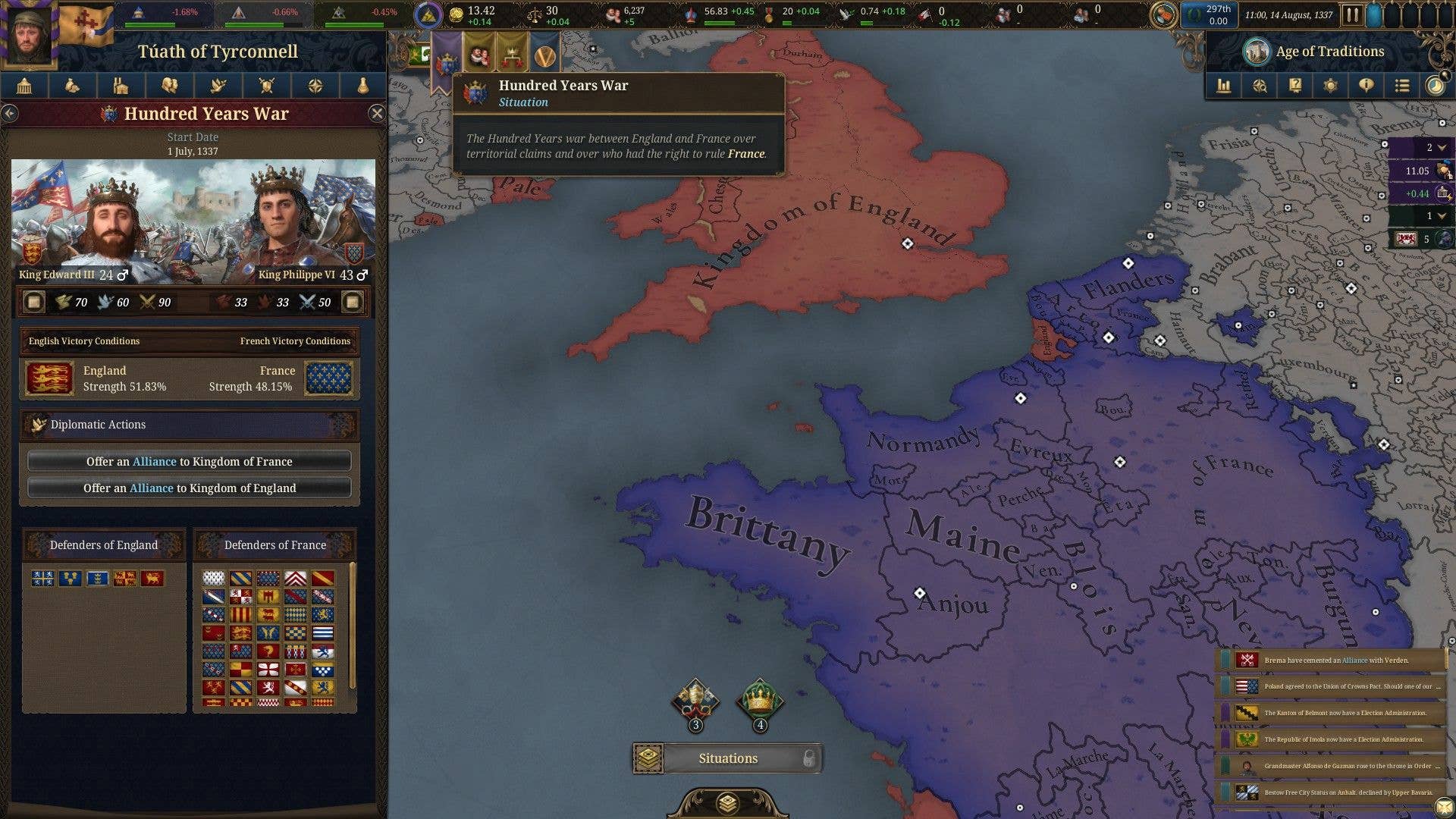













































































_Aleksey_Funtap_Alamy.jpg?width=1280&auto=webp&quality=80&disable=upscale#)
_Sergey_Tarasov_Alamy.jpg?width=1280&auto=webp&quality=80&disable=upscale#)







































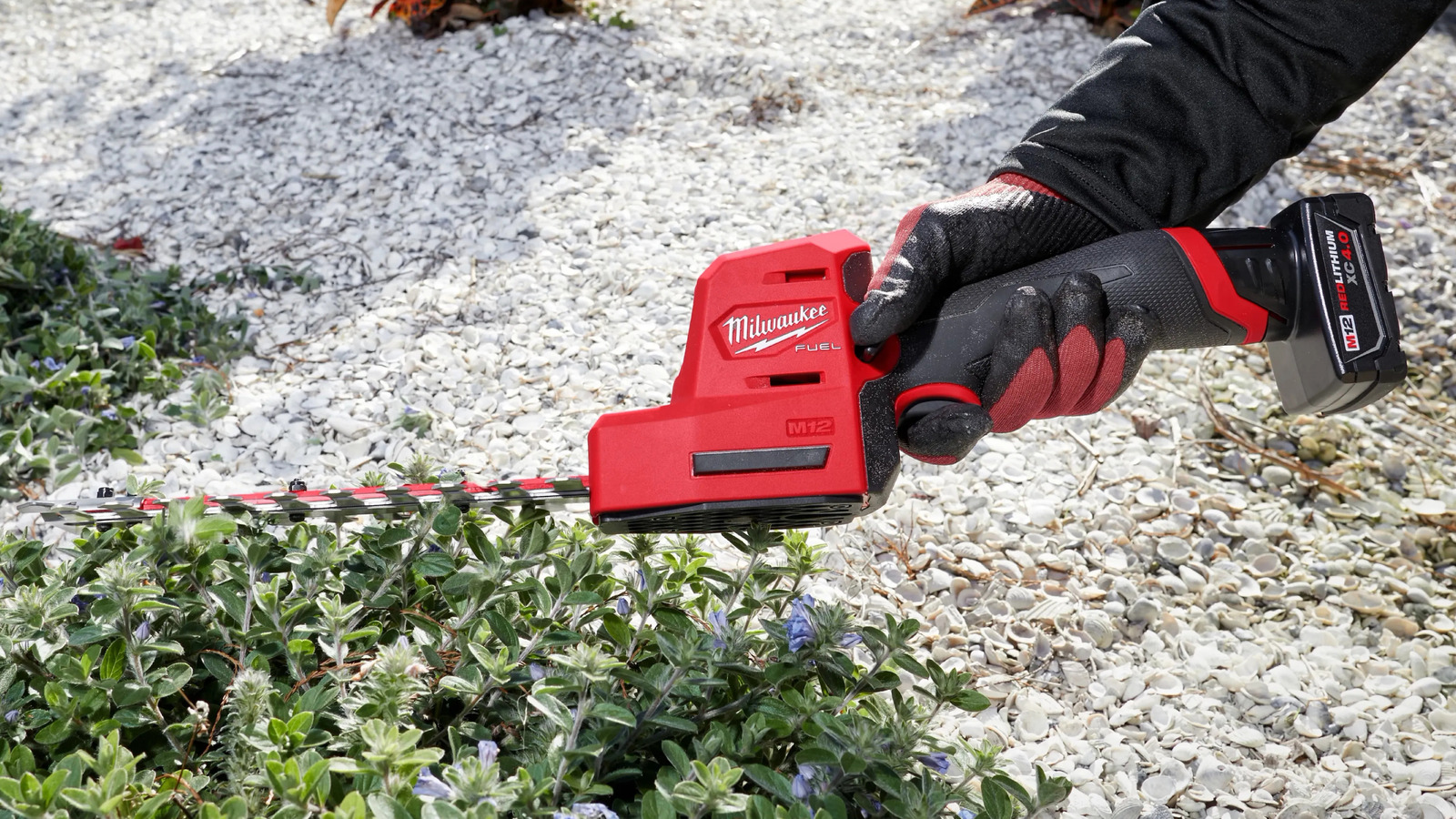














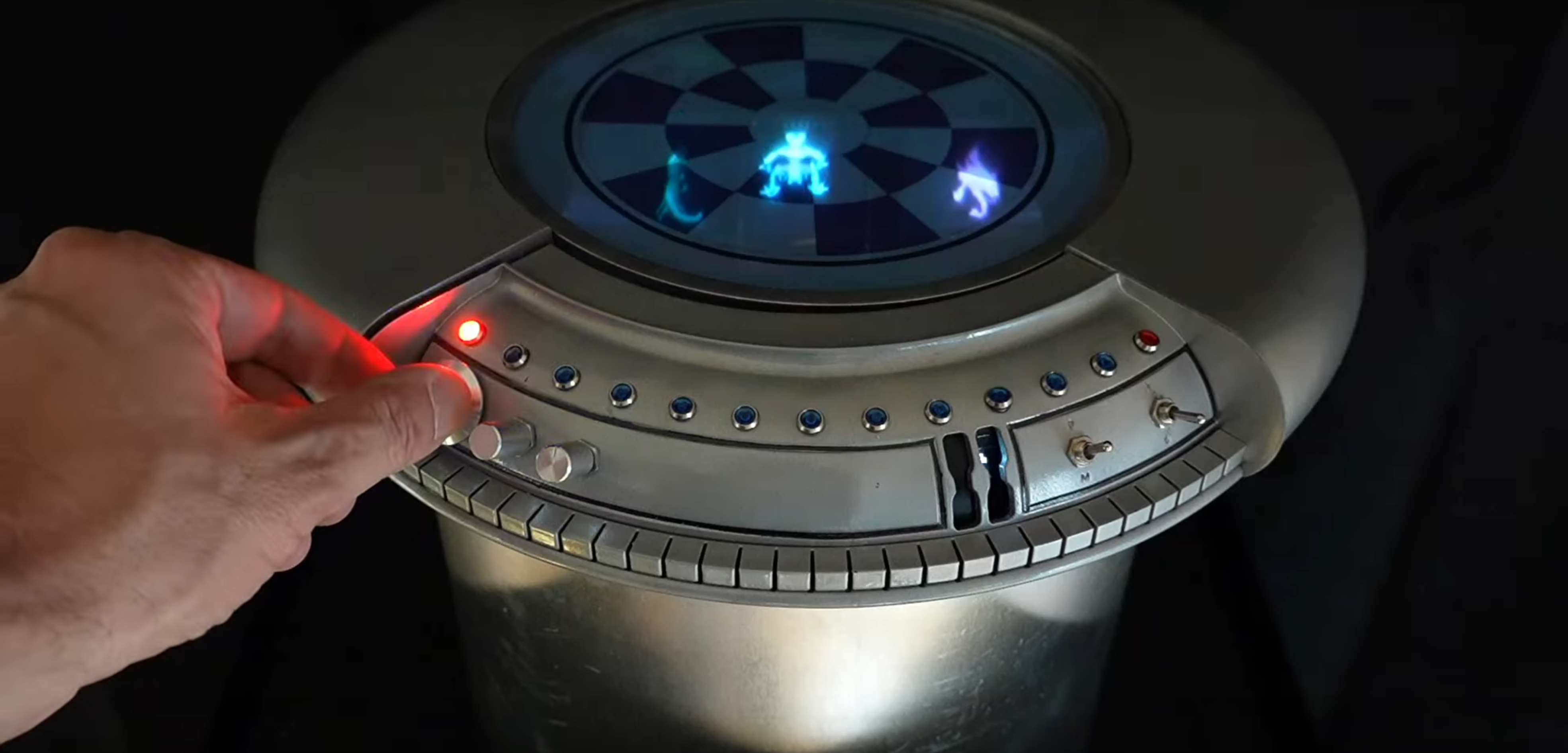
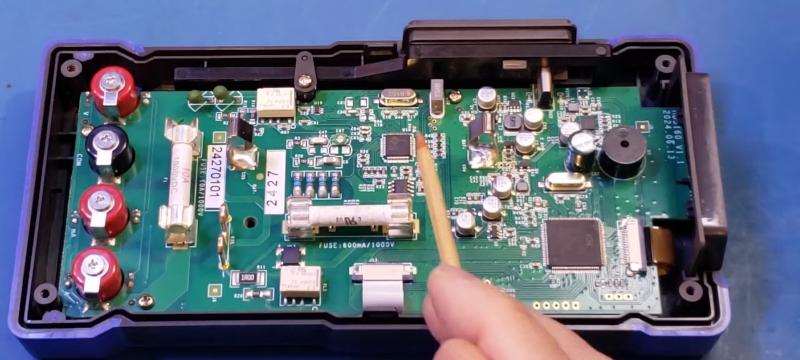

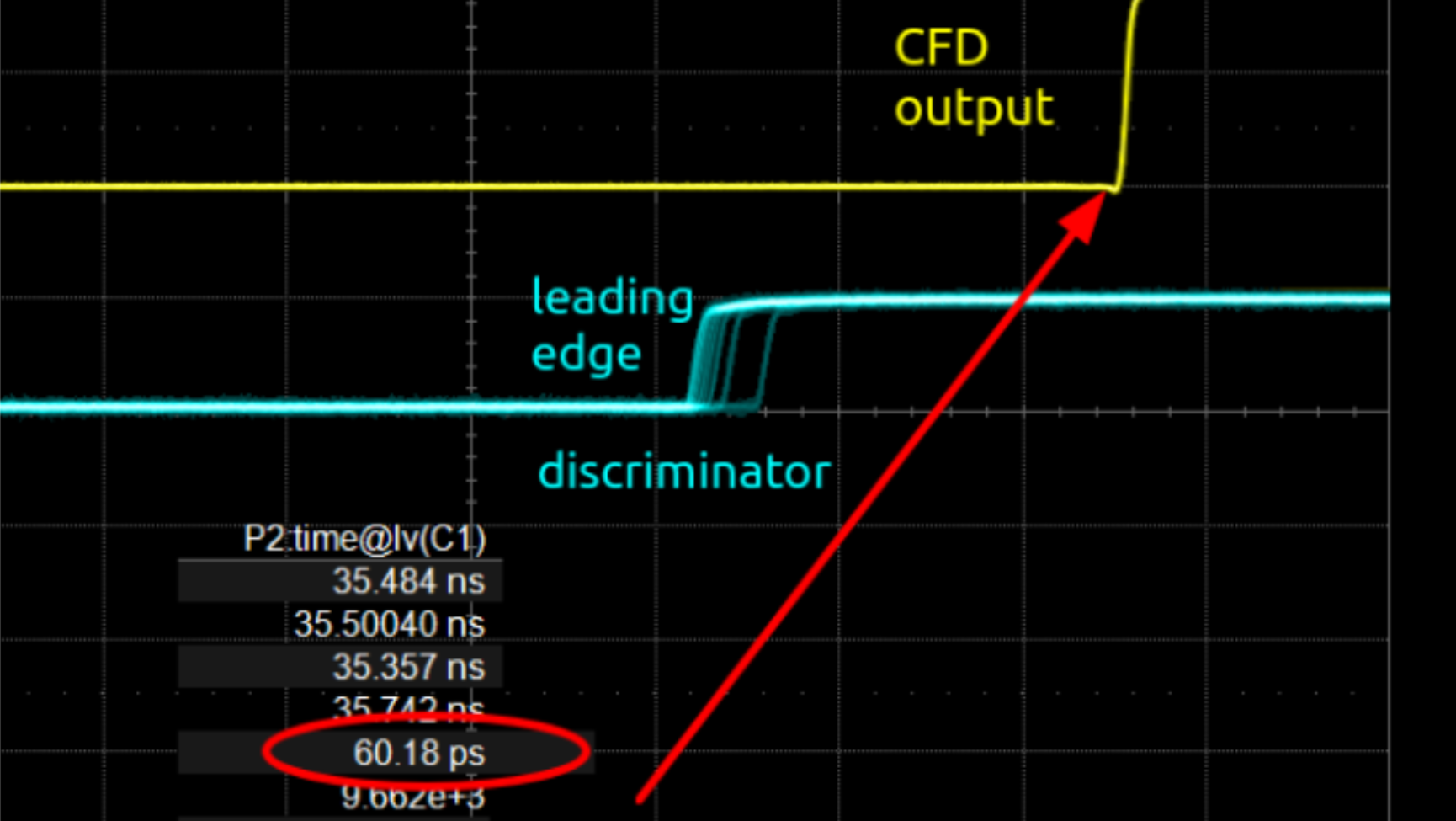





















































![Apple Developing New Chips for Smart Glasses, Macs, AI Servers [Report]](https://www.iclarified.com/images/news/97269/97269/97269-640.jpg)
![Apple Shares New Mother's Day Ad: 'A Gift for Mom' [Video]](https://www.iclarified.com/images/news/97267/97267/97267-640.jpg)
![Apple Shares Official Trailer for 'Stick' Starring Owen Wilson [Video]](https://www.iclarified.com/images/news/97264/97264/97264-640.jpg)


















